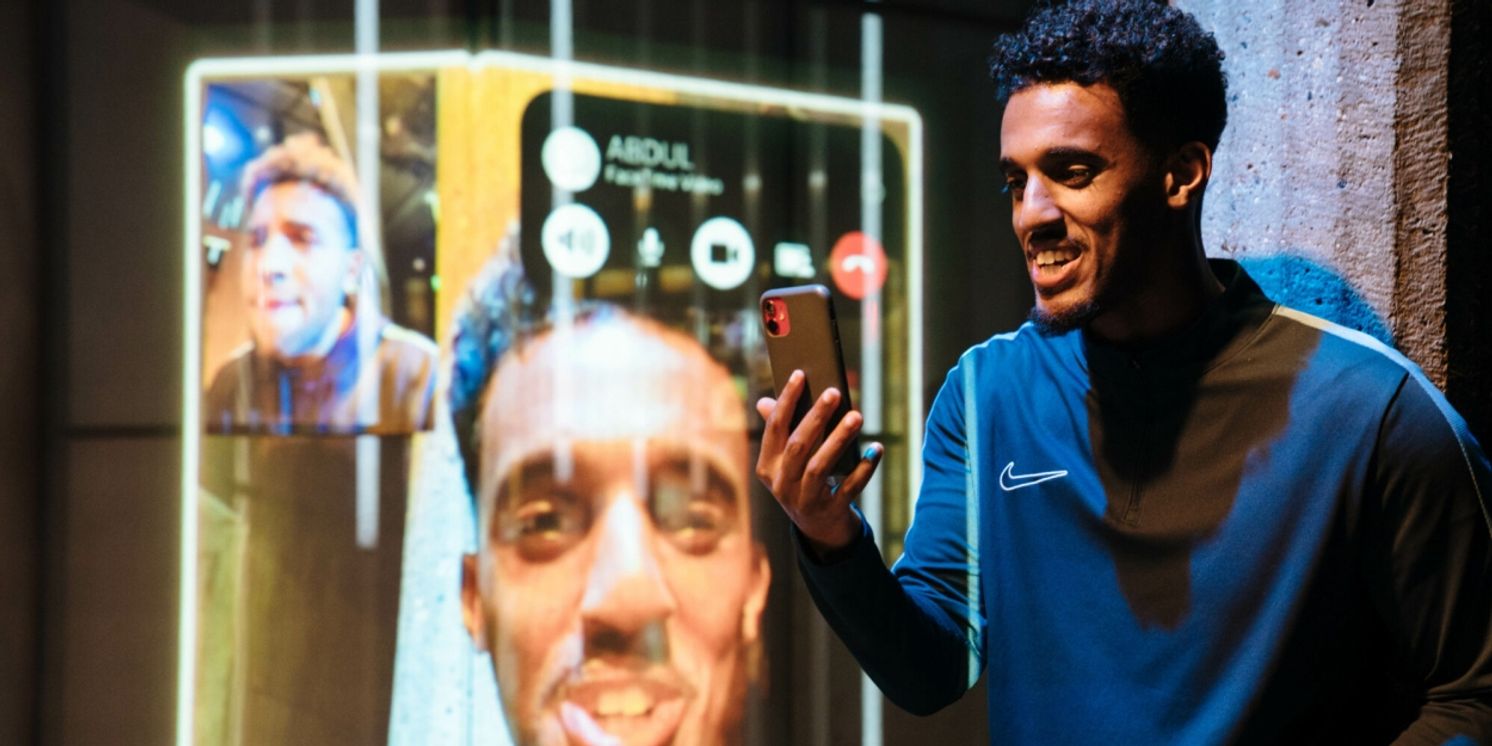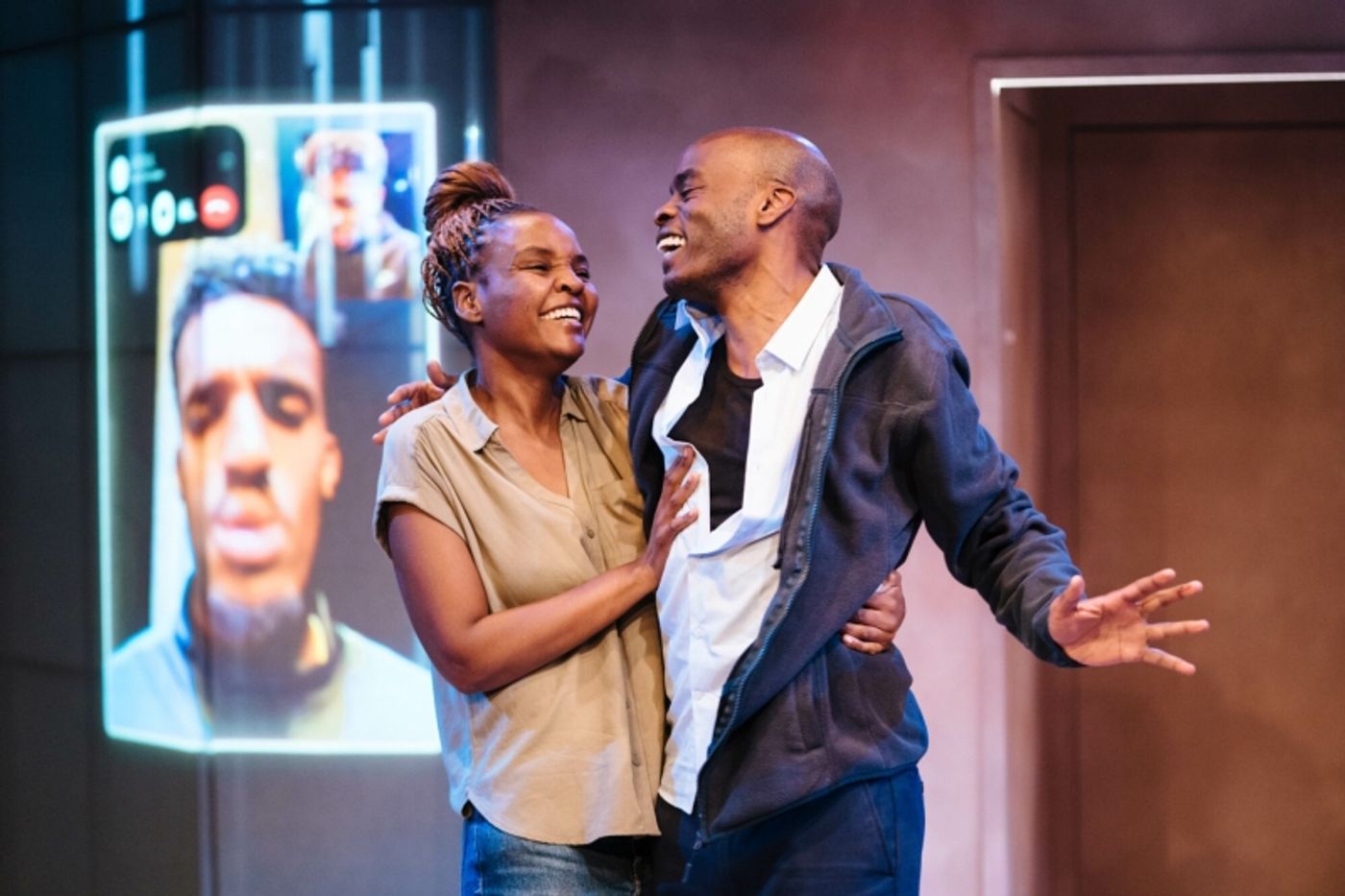Review: WOLVES ON ROAD, Bush Theatre
Cryptocurrency scams in East African diaspora

![]() You remember Cryptocurrency? Some time after the Millennium Bug but before AI, it was The Next Big Thing that was going to make us (well, some of us) rich. Either that or bring the whole house down. It’s still there, but, like most fads, it wasn’t quite as exciting nor quite as dangerous as it once appeared. Though some of us thought that about reports of people coughing a lot in China…
You remember Cryptocurrency? Some time after the Millennium Bug but before AI, it was The Next Big Thing that was going to make us (well, some of us) rich. Either that or bring the whole house down. It’s still there, but, like most fads, it wasn’t quite as exciting nor quite as dangerous as it once appeared. Though some of us thought that about reports of people coughing a lot in China…
Manny (Kieran Taylor-Ford) is a young, mixed-heritage East End Del Boy, a duckin’ and a divin’, a wheelin’ and a dealin’, with his own channel selling designer handbags that couldn’t be more fake if they had ‘Lewis Vutton’ on the label. With a debt to pay off to the local loan shark, he’s persuaded by his slightly more worldly mate, Abs (Hassan Najib), to dabble in crypto and sees £500 double overnight. As any mark does when they see El Dorado hove into sight, he’s all-in and soon skipping down the yellow brick road.
His mother, Fevan (Alma Eno), is more sceptical, but she’s been continually stymied in her attempts to open an East African restaurant by banks turning down loan applications. Her love life is improving though, but the avuncular Markos (Ery Nzaramba) rubs up against Manny, the lad emboldened by his sudden wealth and not one to cleave to African ways.
For all the street argot in Beru Tessema’s dialogue and the zeitgeisty backdrop, these are characters we’ve seen before, conflicts we’ve seen before and, perhaps most disappointingly, resolutions we’ve seen before.

The most interesting elements of the story emerge in side-plots that continually undermine the thrust of the play by catching more of our attention than they ought. What are the issues that face a bright, resourceful black woman who wants to crack on as an entrepreneur? How does having a son trying to escape the horrors of the forgotten African wars impact the day-to-day life of the man driving your bus? Despite a two and a half hour runtime, these issues are barely explored, fizzling out.
Not that the lads aren’t entertaining, Taylor-Ford and Najib lending their wide boys plenty of riz and chat, with their pent-up energy of youth finally released by the Svengali-like Devlin (Jamael Westman). On the night I saw the show, technical problems undermined the Big Man’s big pitch that lures the credulous locals into his crypto exchange, but it’s delivered with the conman’s oily charm and, crucially, with enough truth to snare all but the most stubborn of listeners. And much of what he says about the institutional racism that underpins access to traditional financial services is true - here’s Trevor Noah to explain in an American context.
Wolves on Road counts as a missed opportunity. Director, Daniel Bailey, has shown with his dazzling Red Pitch, at this venue and later in the West End, that he can find contemporary stories, stage them with panache and poignancy and teach theatre audiences about worlds very different to the one they inhabit. This rags to riches and back again tale never transcends that overly familiar arc, never burrows into the psychology of a disappointingly amorphous crowd of unseen victims, never tightens its focus on to the specific vulnerabilities racism embeds in communities like the one we see.
There’s an argument to be made that the play infantalises the local community, simply shooed away from the front door despite losing everything, passive marks for the con.
Rather like Devlin’s patter, the play makes promises that it ultimately fails to keep.
Wolves on Road at the Bush Theatre until 21 December
Photo images: Helen Murray
Reader Reviews
Videos

